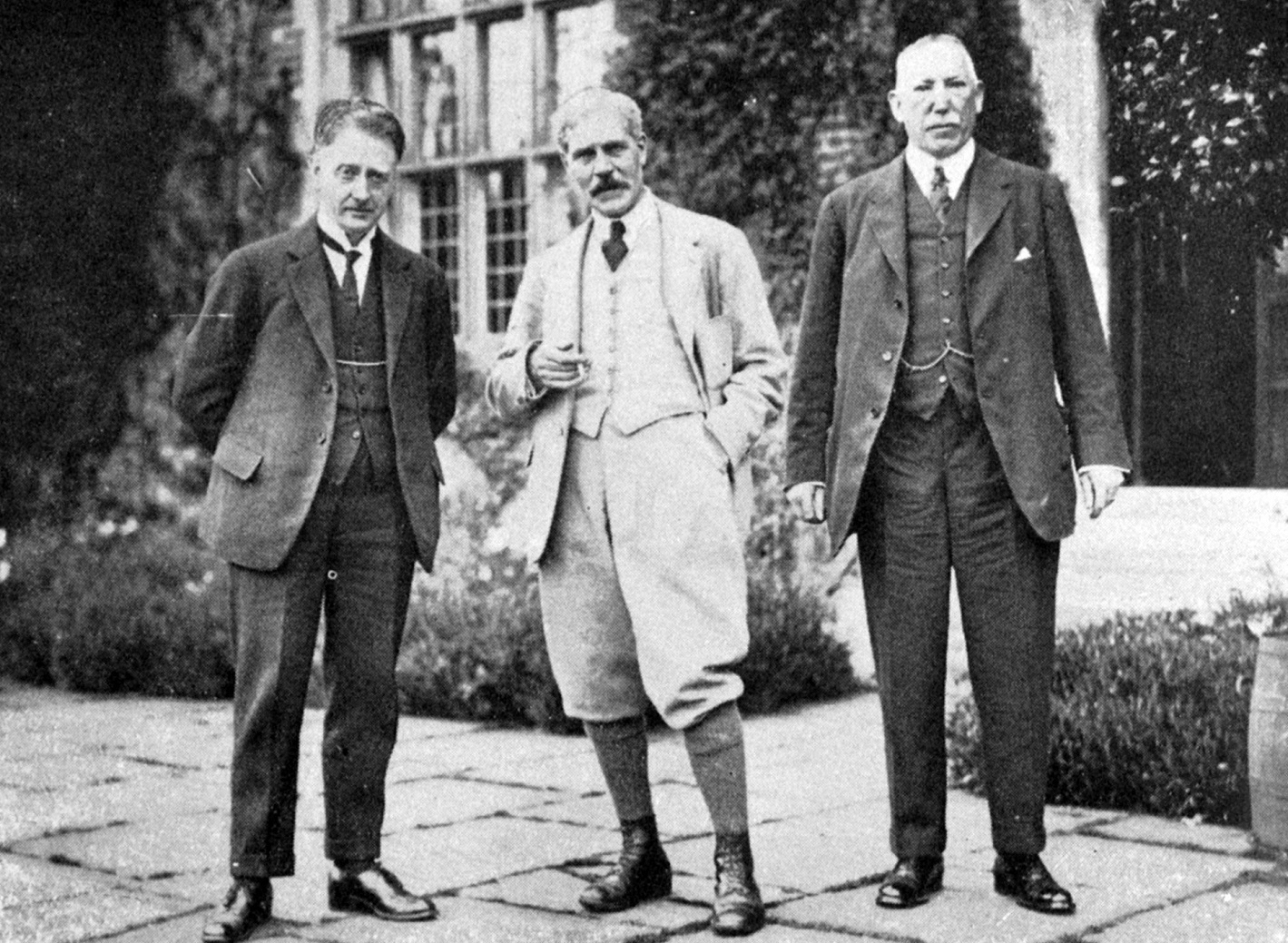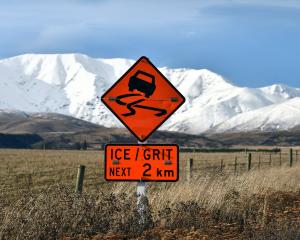

Yet it seems doubtful whether the outcome of all these attempts to overcome the difficulties that have arisen will be of practical value unless Northern Ireland and the Free State can be induced to come to some mutual understanding with regard to the boundary between them. — editorial
New engine ignites interest
A decidedly interesting development in connection with automobilism is reported from Berlin, where a Mercedes chassis has been running on crude oil with an engine of the Diesel or semi-Diesel type. A compressor is fitted to the engine, which supplies the necessary compressed air, and the induction is under pressure. No magneto or sparking-plug is used in this engine
thus doing away with a small but important item that sometimes gives trouble. A 35 horsepower engine, in a standard two-ton chassis with an omnibus body was tested, and it was found that with crude oil fuel it gave at least equal power to that developed by the petrol engine.
Further, it is noteworthy to add that the vehicle, with its heavy-oil power unit, covered a considerable distance over bad roads at a speed of 50 kilometres (approximately 31 miles) per hour.
Coastal shipping falls short
Local merchants have been put to considerable inconvenience as a result of the inadequacy of the steamer service between Dunedin and Auckland. They contend that the service falls a long way short of requirements. The irregularity in the arrival of steamers makes it very difficult for merchants.
Deft manoeuvre saves biker
The prompt action of the driver of a motor lorry prevented a serious accident on Saturday afternoon. A young man who was riding a motor cycle came out of a garage in Lower High street. As he turned to the left a motor lorry, which was proceeding in the same direction and at about the same speed, almost ran the cyclist down, but the driver, by swerving sharply, just managed to clear the motor cyclist. Fortunately, there were no tramcars or other motor cars in the vicinity at the time. — ODT, 8.6.1924
Compiled by Peter Dowden











